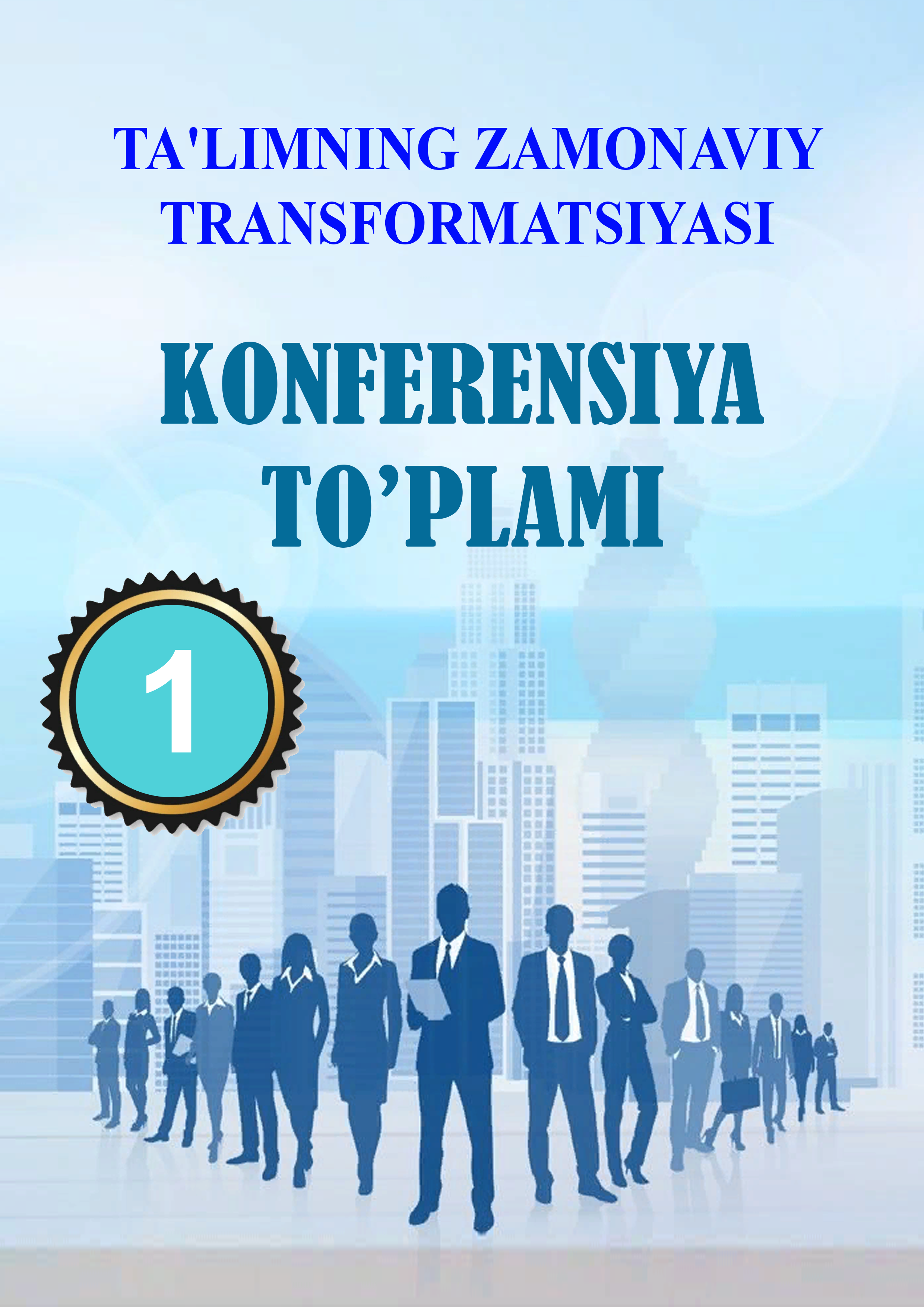Mukimi's Enduring Legacy in Uzbek Literature
Keywords:
Mukimi, Russian colonialism, critical examination, poems, encompassing love, social critique.Abstract
This paper explores the literary landscape of Kokand and the dynamic methods utilized in analyzing the oeuvre of the esteemed Uzbek poet, Mukimi (1850-1903). It underscores the significance of rigorous textual scrutiny in unveiling the poet's authentic voice, frequently veiled by ideological influences and editorial modifications. Emphasizing a comprehensive approach, it advocates for considering socio-historical contexts, genre diversity, and the poet's exploration of religious and mystical motifs.
Muhammad Aminhoja Mirzakhoja's son, Mukimi (1850-1903), stands as a towering figure in Uzbek literature. His poems, encompassing love, social critique, and religious contemplation, continue to resonate with audiences today. However, a deeper appreciation of Mukimi necessitates a critical examination that delves beneath the surface of his work. This requires us to navigate the complexities of his historical context, particularly the impact of Russian colonialism on Kokand's literary scene, and the ever-evolving methodologies employed in studying his legacy.




